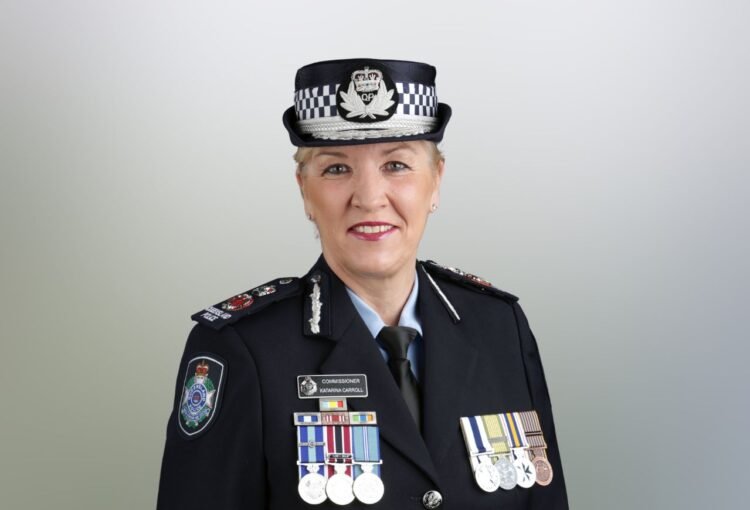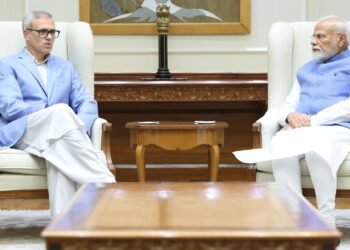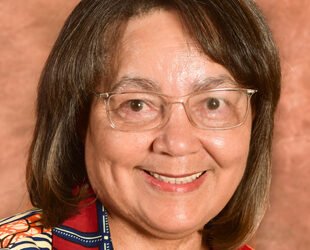Queensland’s Police Commissioner Katarina Carroll has announced her shock resignation, saying it was her decision to finish up earlier in the role.
Carroll met with the state’s Police Minister Mark Ryan on Tuesday, less than three weeks after the stabbing death of Vyleen White in front of her granddaughter at Redbank Plains prompted renewed debate about youth crime.
A privilege and an honour
Carroll told reporters her decision to resign was made after conversations with her husband and children.
“I made this decision, and was going to have the discussion about not renewing my contract with the minister, in about two weeks’ time, but because of the heightened speculation and commentary, I brought these discussions forward,” Carroll said.
“It truly has been an honour and a privilege to not only serve as a police officer, but to lead an organisation of more than 17,000 amazing staff… I believe it is time to allow new leadership to guide the organisation forward.”
In an email to police officers on Tuesday morning, Carroll said “serving the community of Queensland for over 40 years has been a privilege and an honour”.
“I want to express my heartfelt gratitude to the officers, staff, and the community for their unwavering support throughout my tenure. It has been an incredible journey.”
A distinguished career
Former premier Annastacia Palaszczuk appointed Carroll as the state’s police commissioner in 2019.
She had started her career in general duties before being promoted to the rank of detective and taking on leadership positions in the drug squad and the Ethical Standards unit.
In 2014, Carroll served as the fire and emergency services commissioner.
Carroll was invited to brief cabinet this month, after White’s death prompted further political pressure about youth crime in Queensland.
Following the meeting, the premier, Steven Miles, revealed the government would increase penalties for the possession of knives and consider expanding police powers to crack down on them further.
A challenging environment
Carroll’s resignation comes amid a heated debate over youth crime and the service’s response to domestic violence.
Last week, Guardian Australia spoke to former police officers who described growing discontent in the service.
They said Carroll faced a challenging environment, with a lack of resources, political interference, and public scrutiny.
They also said Carroll had to balance the expectations of the government, the community, and the police union, which often clashed over issues such as bail laws, curfews, and youth justice.
Carroll said she was proud of the achievements of the service, but acknowledged there were areas that needed improvement.
She said she hoped her successor would continue to work with the government and the community to address the complex challenges of policing.
Carroll will finish up in the role on 1 March. The government has not yet announced who will replace her.
























